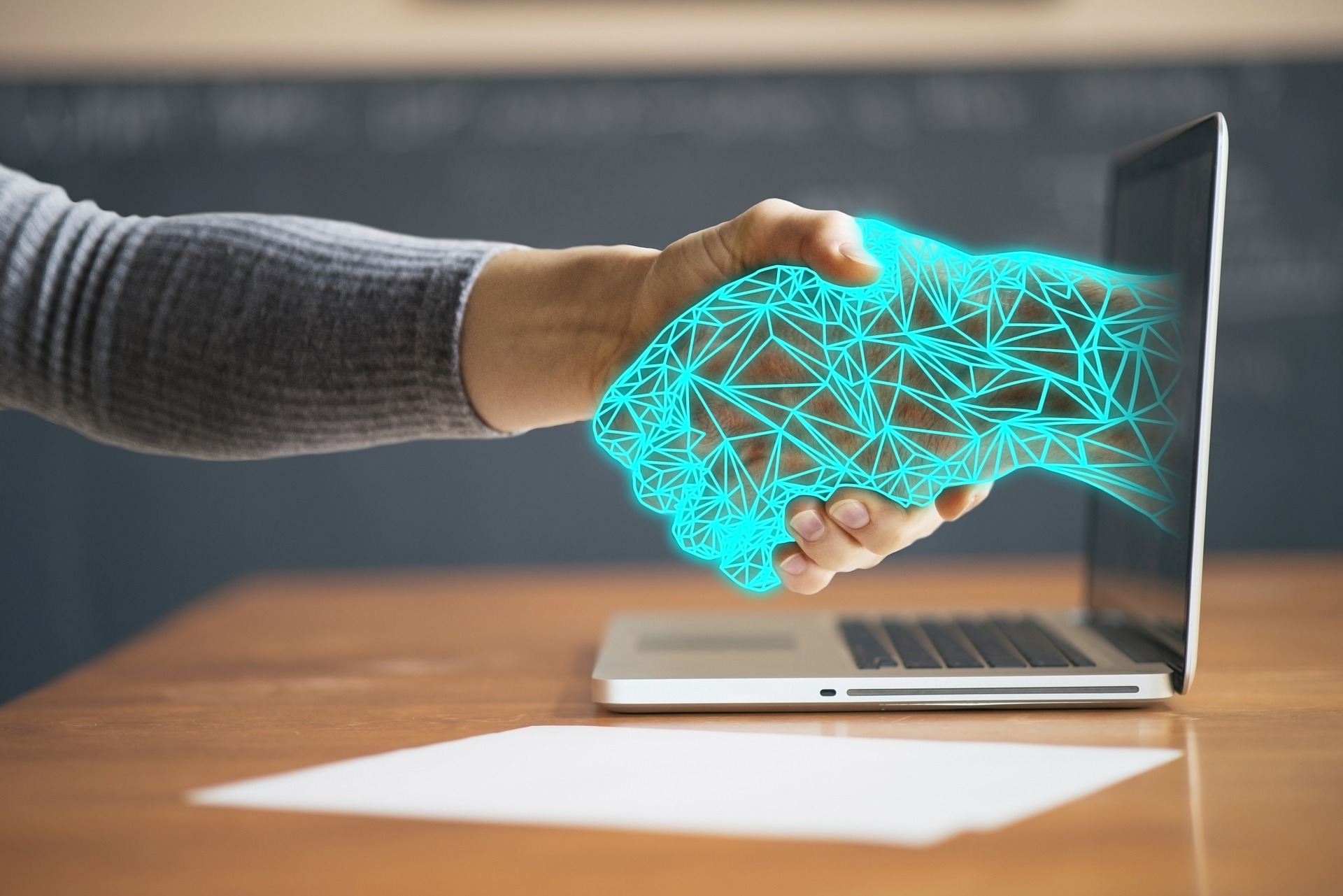
08 Oct In the era of AI and EI, which skills make a difference?
Two are the themes that today are gaining more and more importance: Artificial Intelligence (AI) and Emotional Intelligence (EI).
The question is: Is there a link between the two? Or are they opposing tendencies? And how do they impact the skills we need to look for in our leaders?
As far as AI is concerned, a huge progress has been made. However, this fast development and positivity in the advancement of technology leaves room for a potential fear: the capacity of information technology to teach autonomous systems how to replicate human cognitive functions arises many doubts regarding the future of many jobs.
When questions like “What will we be doing then?” emerge, it becomes essential to adopt a mindset that leaders often forget. An open and stimulating mindset that can accommodate AI progress and ensure the success of business transformations.
Leaders do not need to understand the hidden mechanisms of AI, but they need to understand the potential and the opportunities that AI could bring to their organizations. For this reason, we need leaders who have a high level of imagination, master creative analysis and practice the decisive thinking that only human beings possess and that organizations need to innovate and evolve.
While machines are oriented to technical competence and their intelligence focuses on “how”, our species is strategic and can count on the ability to ask “why?”. So we need leaders who have the courage to ask such question and look for answers.
Leaders cannot fight robots, but they can choose to welcome them by embracing change and making it fruitful for the organization. In other words, we have to look for leaders who are strong in emotional intelligence and help others develop it. Because what a leader can do better than any AI invention is to engage with others. Technology can change working methods, but the exceptional skills of motivating others, listening to team members and being empathic will continue to make a difference. Indeed, it is precisely here that AI reaches its limits and the human beings excel: in the management of people, of their reactions and their emotions.
AI and EI are two sides of the same coin: on the one side the advanced technological competence, on the other side the skills – and attitudes – that make leaders successful and guarantee the sustainability of our organizations.
Gaia Urati

